My novel-in-a-drawer was called The Second Secret, then became The Greenhouse.
My debut was The Liar’s Paradox (which I thought was exceptionally clever, at least thematically) before it morphed into The Forgotten Hours.
My second novel was The House of a Thousand Eyes and became This Terrible Beauty (despite my fighting tooth and nail to keep the title… but, truth be told, this was a problem).
And once upon a time, The White Island was Nanette Bowman (an attempt to echo Madame Bovary) and The Cliffs are Burning.
I’ve now been writing this newsletter for about five years. It used to be Katrin Schumann’s Newsletter (so poetic!) and then, briefly Inspiring You to Do Your Thing (points taken off for using the word “thing” in a title).
My goal is simple: it’s to help people find inspiration and to create community through sharing my thoughts on creativity (writing, books, art, music, movies etc). I’ve decided that curiosity is the key to what I’m doing.
What being curious means to me

When I published my first nonfiction book - Mothers Need Time Outs, Too (formerly called When Mom’s Happy, Everyone’s Happy) - my co-authors and I did a zillion in-person events and workshops for parents. We had a handout for harried mothers to help them refocus, and #1 on the list was “Curiosity is Key.”
People who “over service” others, or are busy building careers and/or raising kids, often lose sight of what they actually like and want in life - their sense of curiosity is dampened. Be curious and find yourself coming alive again!
An unflagging interest in learning, seeing, exploring, listening, reading, doing something new, means we’re alive. We’re open to change. We want to engage with the world!
Curiosity is partly why I write this newsletter: each month the process helps me slow down and pay attention so I can share what’s inspired me. And I love nothing more than when you engage, reacting to what I’ve written or asking questions! So, please, say hi:
Writing novels = a self-curated PhD in “The Study of Life”
The best thing about being a novelist (in my opinion) is that you get to design your own ongoing study program on whatever topic you’re curious about.
To write my new novel, The White Island (in which my protagonist is a troubled young mother and translator who becomes obsessed with Madame Bovary), I did a deep dive into the art of translation. This research took me back to those days in the library at Oxford when I would pore over one word, one sentence, one idea. In my fictional story, I wanted to make that sense of focus, discovery and excitement come alive for readers who might know little about the process. Catching Fire by Daniel Hahn was part of my “coursework.”
I just came back from a week in Italy with three couples who are dear friends from those long ago undergraduate days. My friend Juliet and I studied languages there and spent 50% of our time on translations. She lives in France and has built a career translating (from French to English). Her talent and success lie in figuring out the best way to convey the core themes and messages into English that’s clear and correct, but also fluent and idiomatic.
That’s the magic of translation. I hope I manage to convey some of that magic, the feeling of focus and discovery, in my novel.
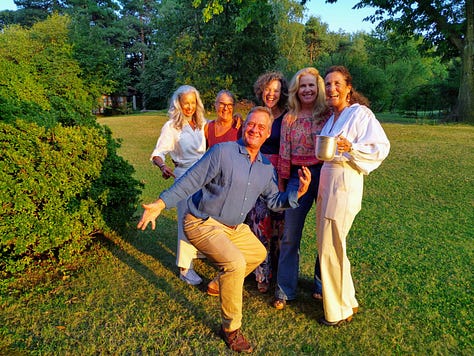
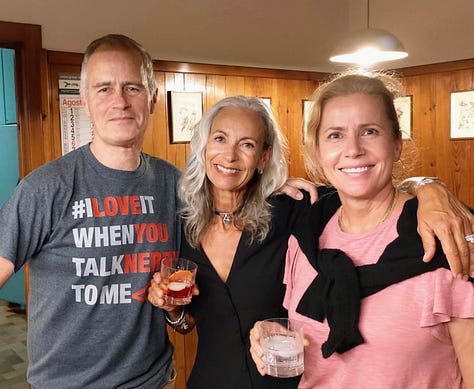
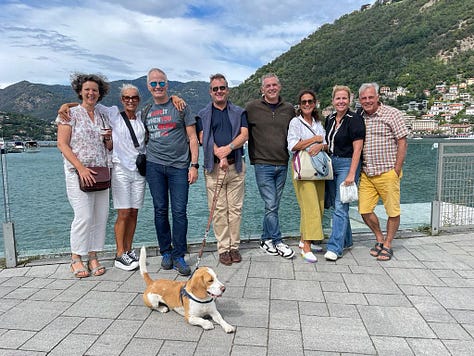
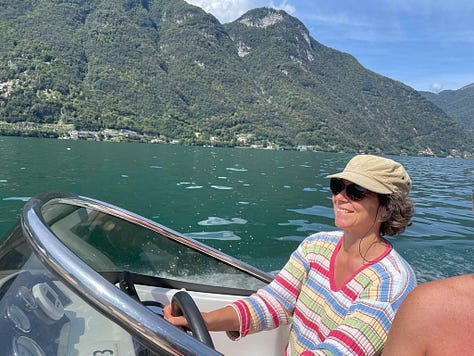
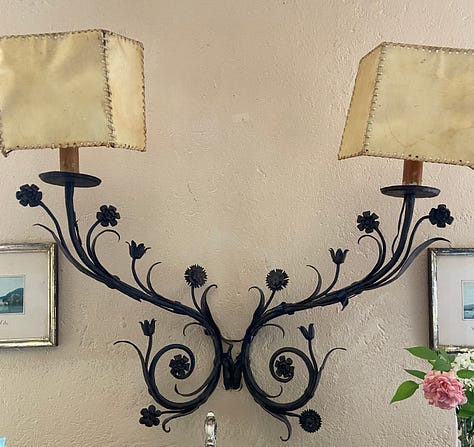
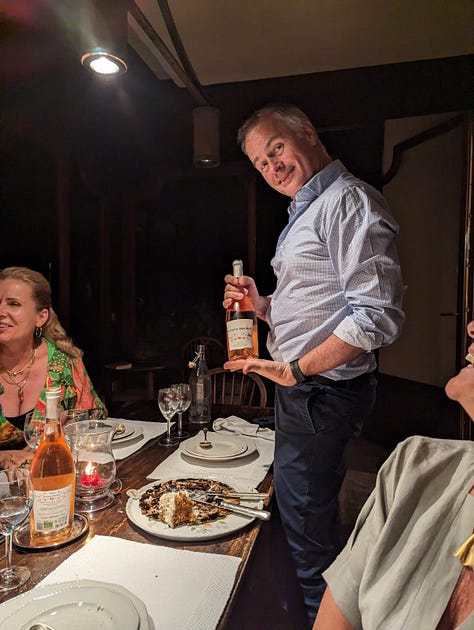
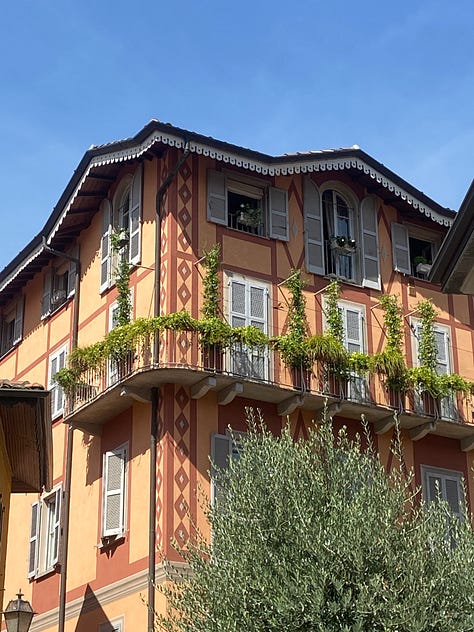
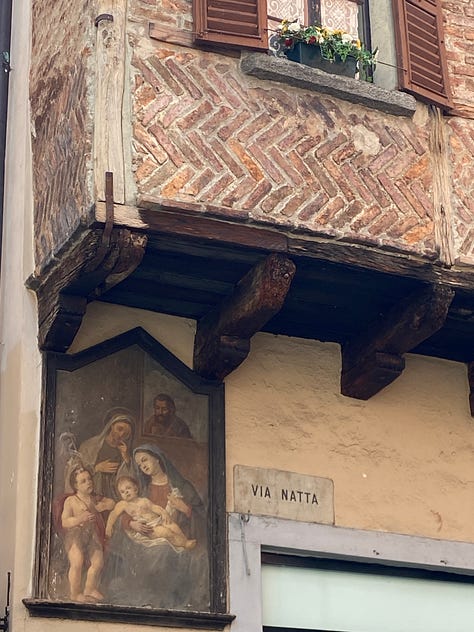
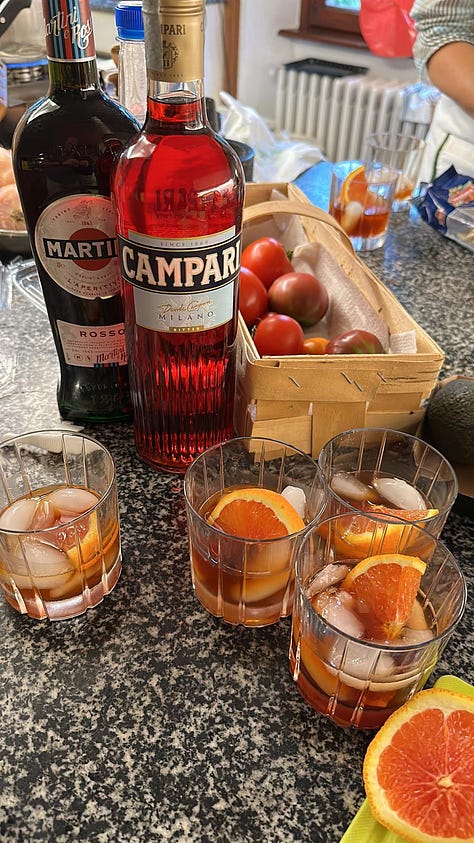
Writing Tip
Don’t skimp on research. The hours spent really understanding your topic and setting, the mores of your characters and the times they live in, will show in your work.
The key here, though, is not to let the research distract you from the actual work of writing the book.
While preparing to write This Terrible Beauty, I was awed by the number of books on WWII, Communism, etc., not to mention the legions of scholars who know way more than I do about the time period and politics. It was easy to lose myself in the research, feeling I always had yet more to do.
BUT…
I remembered the writer Julia Glass once admitting at a conference that she doesn’t do her research until after she’s written a first draft. She wants to allow the story and the characters to lead. For me, there’s a sweet spot in there, a place where I know just enough and I can launch into writing. The research continues of course, but alongside the writing.
In final edits, I ended up cutting out a lot of those beautiful, specific historical and political facts, only keeping the research that was in service to the story itself.
This doesn’t mean the research was a waste of time, far from it. I took a history “course” in my PhD of life which informed me and fueled my imagination, and then used only what I needed to tell a story that felt real and meaningful.





The Inciting Incident, The Catalyst (Katalyst????)
I'm with Julia Glass and I generally do the research after the first draft. For The Clover House, I'd never been in Patras for Carnival until after the book was sold and in edits (so I could make one important change: that the music plays ALL night and day long). For Terra Nova, I'd never been to Antarctica (I will get there one year after the publication of the book). For my most recent manuscript, I didn't go to Los Alamos until after I'd finished an umpteenth draft.
But I also like Zadie Smith's comment she made once somewhere: "I'm a novelist. I don't do research." Research was what I had to do as a Ph.D. student, and I did it but knew it was not my favorite part. When I quit academia, I was so pleased to be able to make things up on purpose.